The Twelve Traditions of S.L.A.A.
(Pg. 122 of the SLAA Basic Text)
Our common welfare should come first; personal recovery depends upon S.L.A.A. unity.
For our group purpose there is but one ultimate authority -- a loving God as this Power may be expressed through our group conscience. Our leaders are but trusted servants; they do not govern.
The only requirement for S.L.A.A. membership is the desire to stop living out a pattern of sex and love addiction. Any two or more persons gathered together for mutual aid in recovering from sex and love addiction may call themselves an S.L.A.A. group, provided that as a group they have no other affiliation.
Each group should be autonomous except in matters affecting other groups or S.L.A.A. as a whole.
Each group has but one primary purpose -- to carry its message to the sex and love addict who still suffers.
An S.L.A.A. group or S.L.A.A. as a whole ought never to endorse, finance, or lend the S.L.A.A. name to any related facility or outside enterprise, lest problems of money, property, or prestige divert us from our primary purpose.
Every S.L.A.A. group ought to be fully self-supporting, declining outside contributions.
S.L.A.A. should remain forever nonprofessional, but our service centers may employ special workers.
S.L.A.A. as such ought never to be organized; but we may create service boards or committees directly responsible to those they serve.
S.L.A.A. has no opinion on outside issues; hence the S.L.A.A. name ought never to be drawn into public controversy.
Our public relations policy is based on attraction rather than promotion; we need always maintain personal anonymity at the level of press, radio, TV, film, and other public media. We need guard with special care the anonymity of all fellow S.L.A.A. members.
Anonymity is the spiritual foundation of all our traditions, ever reminding us to place principles before personalities.
Copyright © 1985 The Augustine Fellowship, Sex and Love Addicts Anonymous, Fellowship-Wide Services, Inc. All Rights Reserved. The Twelve Traditions are reprinted and adapted with permission of Alcoholics Anonymous World Services, Inc. Permission to reprint and adapt the Twelve Traditions does not mean that A.A. is affiliated with this program. A.A. is a program of recovery from alcoholism only. Use of the Twelve Traditions in connection with programs and activities which are patterned after A.A., but which addresses other problems, does not imply otherwise.
The Twelve Traditions of Alcoholics Anonymous ©1955
1) Our common welfare should come first; personal recovery depends upon A.A. unity. 2) For our Group purpose there is but one ultimate authority — a loving God as He may express Himself in our Group conscience. Our leaders are but trusted servants; they do not govern. 3) The only requirement for A.A. membership is a desire to stop drinking. 4) Each Group should be autonomous except in matters affecting other Groups or A.A. as a whole. 5) Each Group has but one primary purpose — to carry its message to the alcoholic who still suffers. 6) An A.A. Group ought never endorse, finance, or lend the A.A. name to any related facility or outside enterprise, lest problems of money, property and prestige divert us from our primary purpose. 7) Every A.A. Group ought to be fully self-supporting, declining outside contributions. 8) Alcoholics Anonymous should remain forever non-professional, but our service centers may employ special workers. 9) A.A., as such, ought never be organized; but we may create service boards or committees directly responsible to those they serve. 10) Alcoholics Anonymous has no opinion on outside issues; hence the A.A. name ought never be drawn into public controversy. 11) Our public relations policy is based on attraction rather than promotion; we need always maintain personal anonymity at the level of press, radio and films. 12) Anonymity is the spiritual foundation of all our Traditions, ever reminding us to place principles before personalities.



